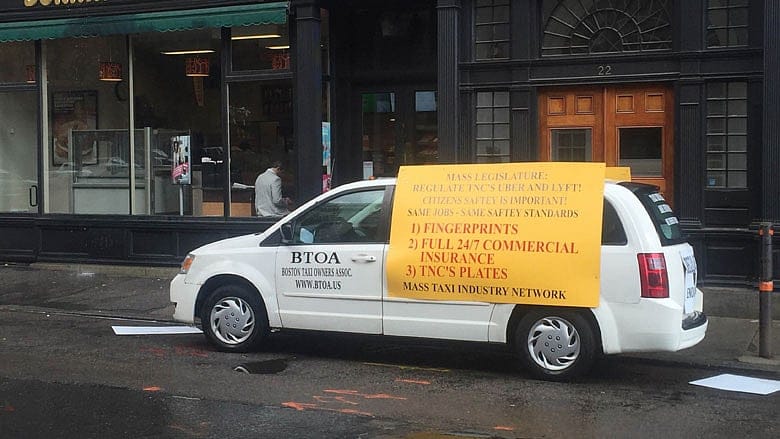Senate passes ride-for-hire bill favored by app-based industry

STATE HOUSE — After scrapping a requirement for companies to enable tipping and roughly matching the House and governor's two-tiered approach toward background checks for drivers, the Senate on Wednesday passed a bill creating a regulatory structure for the novel app-based ride-hailing services like Uber and Lyft.
The bill passed the Senate on a 34-2 vote, with Democratic Sens. Thomas McGee and Marc Pacheco opposed, but not before a few changes were made. The Senate amended the bill to require a state background check for drivers in addition to a company-conducted vetting process.

